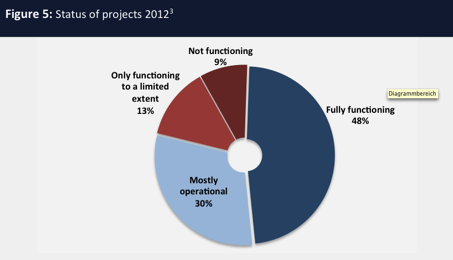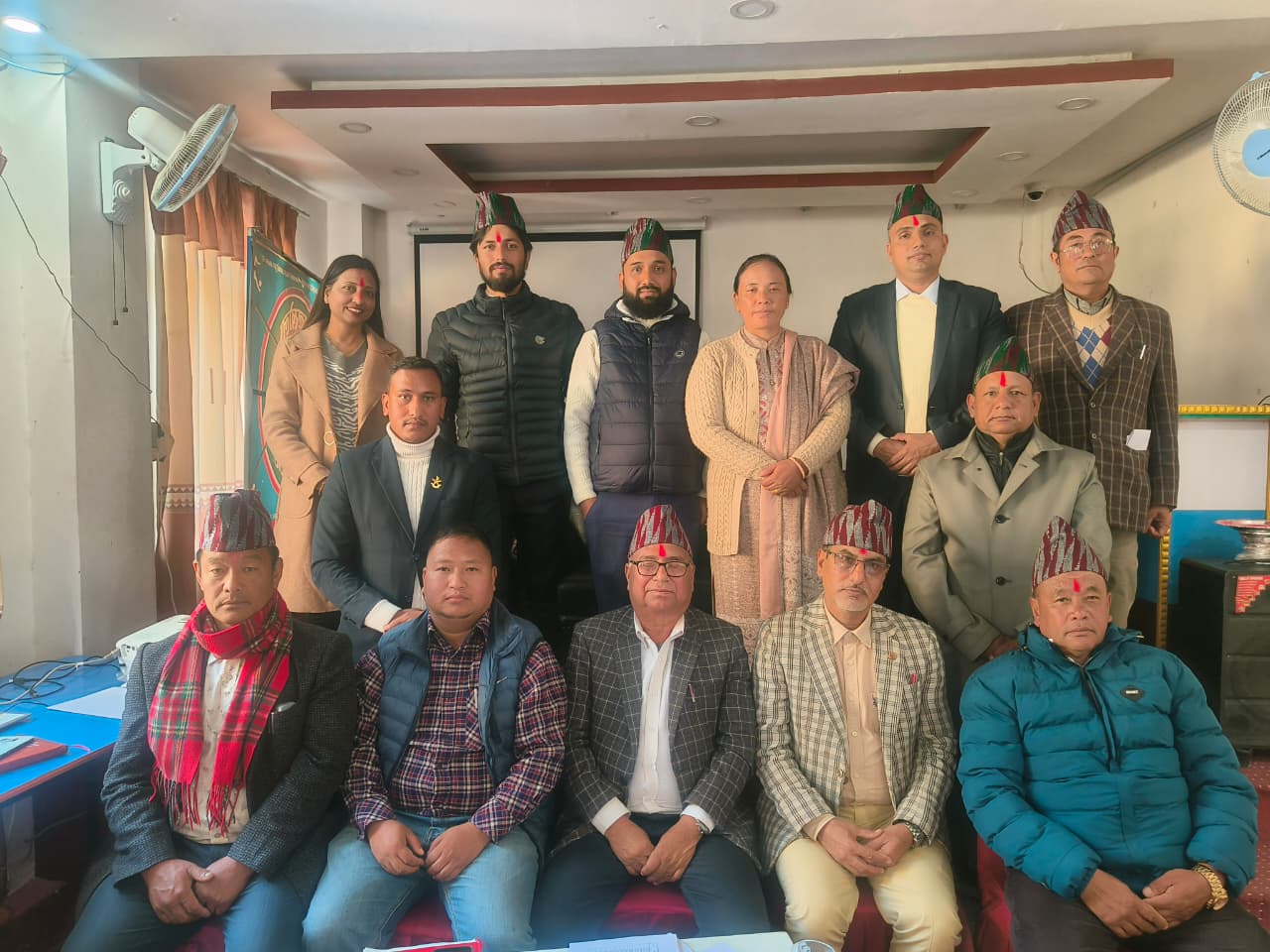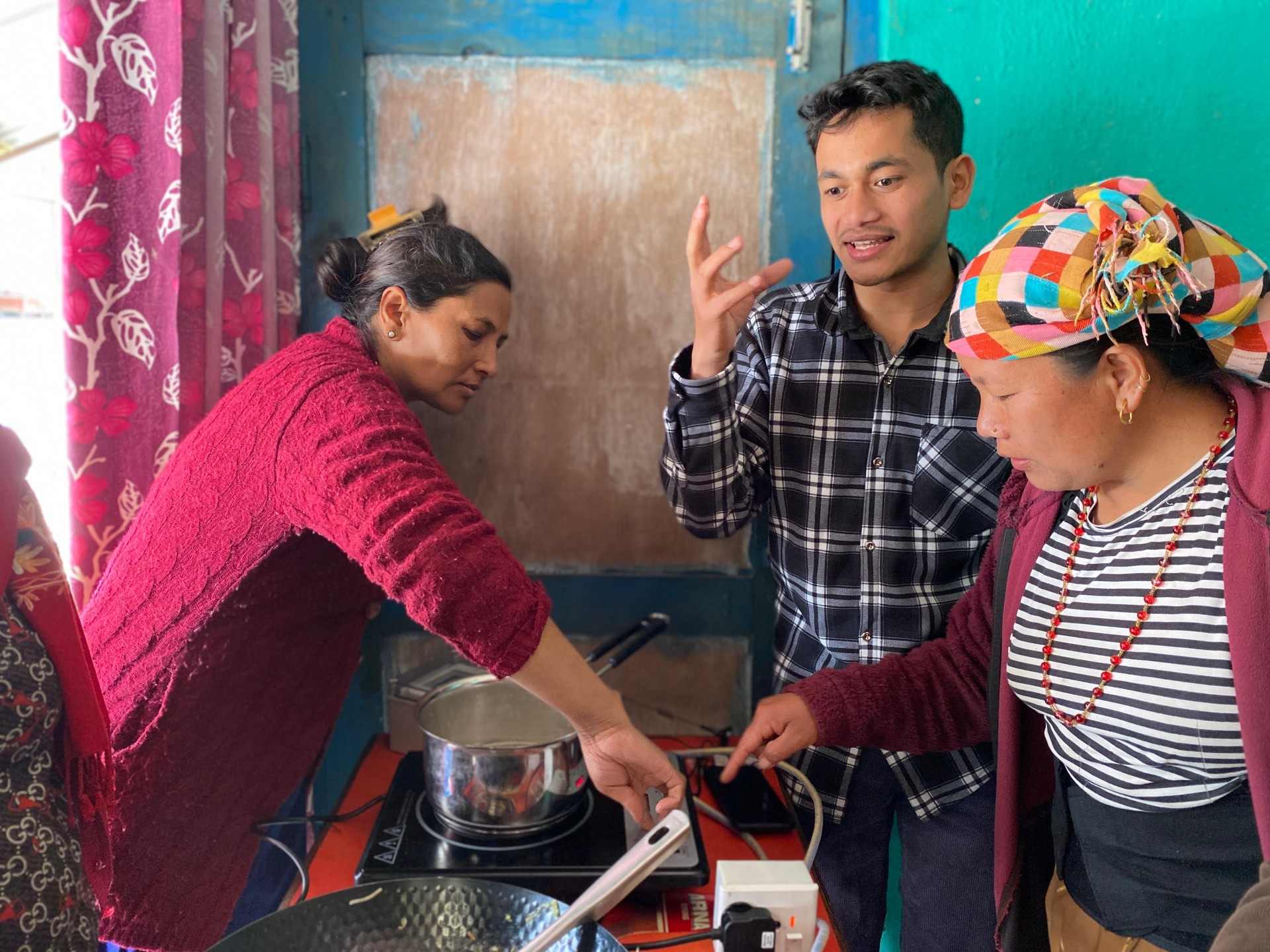E-cooking offers promising opportunities for rural enterprises in Nepal, boosting savings, health, and micro-hydropower sustainability. Our new report highlights key findings from twenty small businesses in Baglung.
SEPS Evaluation Report
At the end of 2012, WISIONS evaluated the small-scale energy projects that were supported by Sustainable Energy Project Support (SEPS) from 2004 to 2008. The projects encompass biomass, solar, wind, hydropower and efficient lighting technologies.
Although every project was implemented in a different context, the post-evaluation of the individual projects under a common framework provided helpful lessons and recommendations that could also be applied to other project settings.
The overriding result is quite encouraging: more than 75% of the projects are still functioning (see graph). However, the true value of the evaluation lies not in numeric results but in qualitative insights. To give an example: when asked about the most important factors for the long-term sustainability of projects, one interviewee underlined the importance of trust among the different actors involved: “Being in it for the long run has been one success factor – staying in contact and developing the project further, not simply implementing a project and then leaving. Trust and reliability are important factors for the project success …“
Are you interested in finding out more? Please don’t hesitate to request your copy of the evaluation report by email (Contact).
We presented the results at the conference “Micro Perspectives for Decentralized Energy Supply„ in Berlin in February. You can download our conference paper here.


